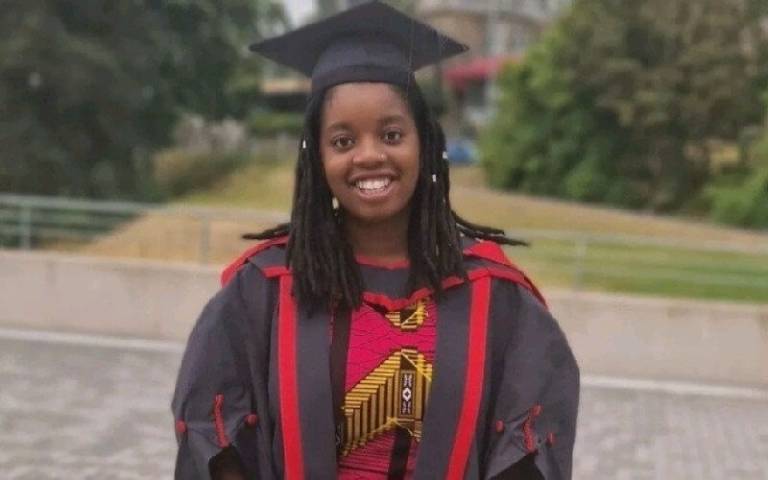Respiratory Medicine is an increasingly vital field of medicine. The lungs are the largest internal organ in the body and the only internal organ that is exposed constantly to the external environment
Everyone who breathes is vulnerable to infectious and toxic agents in the air. Respiratory disease encompasses several lung conditions including:
- asthma
- bronchiectasis
- chronic obstructive pulmonary disease (COPD)
- cystic fibrosis
- idiopathic pulmonary fibrosis
- lung cancer
- mesothelioma
- obstructive sleep apnoea
- pneumonia/lower respiratory tract infections
- respiratory tuberculosis
- sarcoidosis.
Causes of lung disease are known to include genetics, smoking, radon, infection, asbestos, and air pollution, but not all causes are known.
We are working to reduce the number of people who die from lung cancer by detecting it at an early stage when it can be treated more successfully. Lung cancer is responsible for more deaths worldwide than any other cancer, largely due to symptoms presenting late. US and European studies have shown that Low Dose CT screening in asymptomatic people at risk of lung cancer reduces lung cancer mortality. This is because it detects cancers earlier when treatment is more successful. Professor Sam Janes has run SUMMIT, the UK's biggest ever lung cancer screening study.
MSc Respiratory Clinical Science: a unique approach
Our master’s in respiratory medicine focuses on the scientific and clinical basis of respiratory diseases. We offer a unique combination of translational focus and potential access to some of the most innovative research projects in this area.
Learn about the key concepts relevant to respiratory medicine, including respiratory biology and disease, genetics, immunology, microbiology, lung repair and regeneration, pharmacology, physiology, and occupational and environmental lung disease. All modules are directed towards understanding disease and the effects on patients.
Based at UCL Respiratory, you will have unique access to best practice research, processes, and treatments. This could include viewing procedures at UCLH, participating in diagnostic sessions, attending Multi-Disciplinary Team meetings (MDTs) where experts develop treatment programmes, or involvement in our cutting-edge research processes.
Students have access not only to biology and lungs but also inflammation and tissue repair. We give you the tools to develop your career in respiratory medicine.
MSc Respiratory Clinical Science
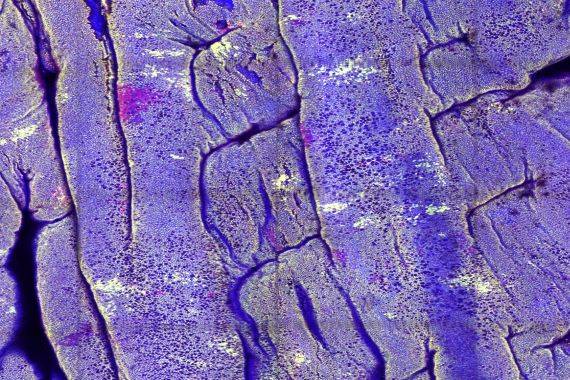
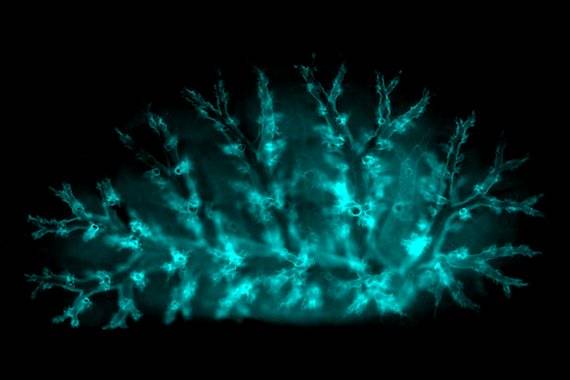
The UCL Respiratory Department
Based in central London, we have state-of-the-art tissue culture rooms and molecular biology laboratories. We support world-leading research in the fields of Lung Cancer, Airway Stem Cells, a1-Antitrypsin Deficiency, Genetic Model Organisms, Idiopathic Pulmonary Fibrosis, TB, Pneumonia, COPD, bronchiectasis, Interstitial Lung Disease and Asthma.
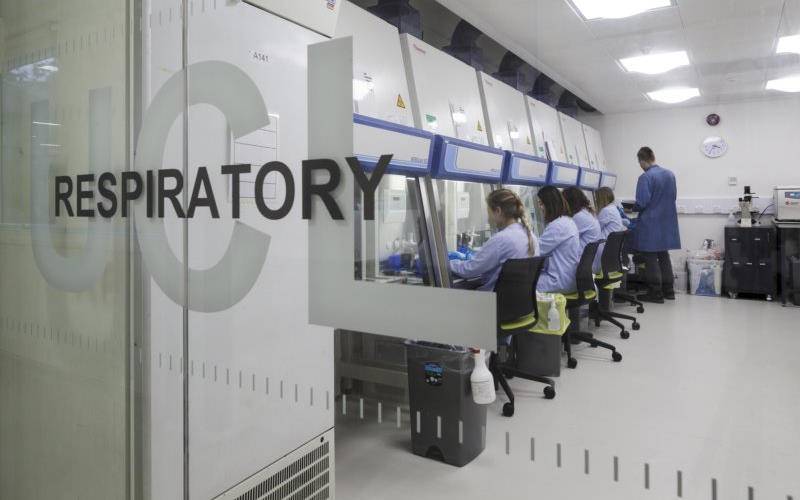
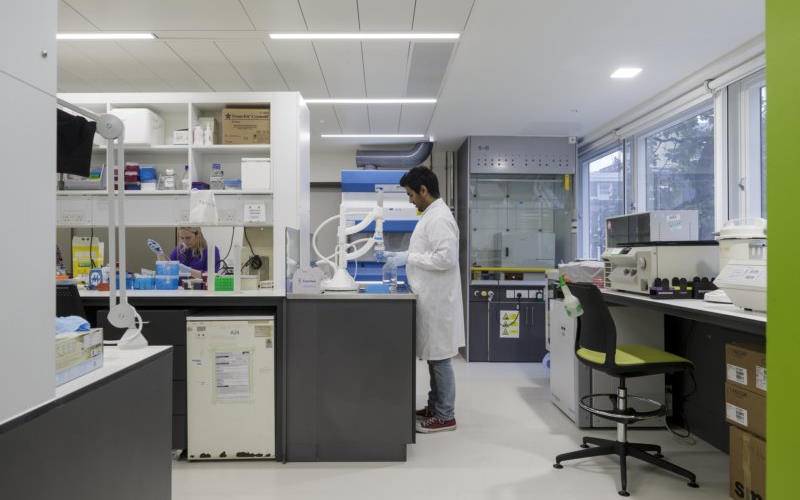
UCL Respiratory contains dedicated histology facilities housing automated tissue processing and slide staining units, embedding centre, cryostat, and microtomes. Its microscopy suite is equipped with brightfield and fluorescence microscopes, laser-capture-microdissection instruments, and an automatic slide scanner.
 Close
Close


